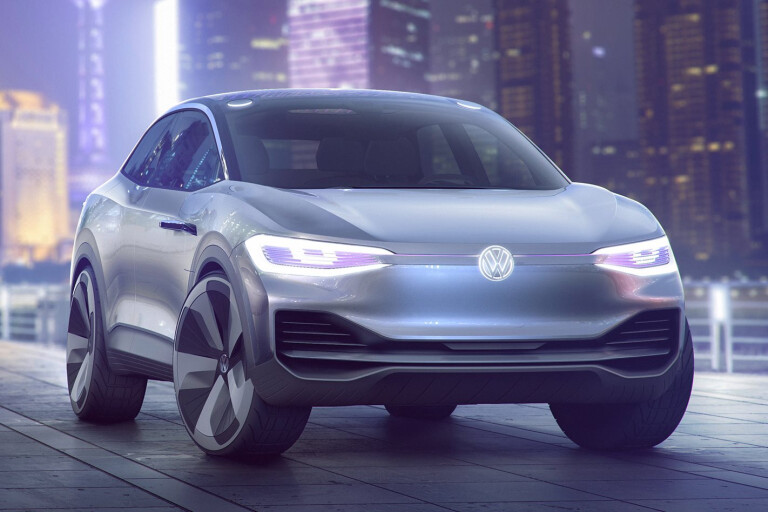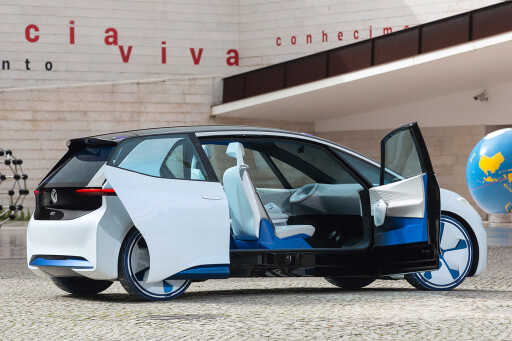
VOLKSWAGEN has committed itself to an all-electric future, but says it still has plenty left in the tank for future petrol- and diesel-powered engines.
Speaking at the group’s annual general meeting in Germany overnight, Volkswagen chief executive Matthias Mueller revealed the car maker’s conventional engines could still squeeze out significant fuel savings.
“The internal combustion engine primarily is part of the solution, not part of the problem," he told shareholders attending the meeting. "One hundred and twenty-four years after it was invented, the diesel engine still has plenty of potential.
“And we intend to exploit that potential. By 2020, we will have made our internal combustion engines between 10 and 15 percent more efficient, and therefore also cleaner,” Mueller said.
“This will help protect the environment and conserve resources."
 The Volkswagen Group – it owns brands including Audi, Seat, Skoda, Porsche and VW – plans to roll out more than 10 new electrified models by the end of 2018, all based on a new modular platform architecture. By 2025, the car maker expects that number to expand to more than 30 other battery electric vehicles, with battery-powered sales hitting the one million mark.
The Volkswagen Group – it owns brands including Audi, Seat, Skoda, Porsche and VW – plans to roll out more than 10 new electrified models by the end of 2018, all based on a new modular platform architecture. By 2025, the car maker expects that number to expand to more than 30 other battery electric vehicles, with battery-powered sales hitting the one million mark.
Volkswagen has already given buyers an indication of how its electric future is taking hold. It has shown several electric concepts using the “ID” sub-brand, including a retro-styled people mover and a sharp-looking, SUV-proportioned five-door hatchback that it plans to put into production by 2020, along with another two as-yet unidentified models. It has even teased a self-driving pod as it imagines a transformation from a car maker to a transport solutions provider.
The group also revealed it is currently in talks with European and Chinese battery cell and module makers over a partnership to help fuel the EV expansion. “You will soon be hearing more about this,” Mueller said.
VW Group has accelerated its electric future in the wake of the Dieselgate scandal, recognising the financial burden of paying for the emissions cheats it built into cars would seriously affect its ability to meet the challenges of dwindling fossil fuel reserves.
It has flagged that all Volkswagen brand vehicles will have their Dieselgate fix – some are just updates to the vehicle’s software to remove the cheat, while others need changes made to parts of the engine – “by the end of the year”.
The group said fixes had already been applied to 2.6 million vehicles in Europe, where more than half the affected cars had received a software update. In Australia, Volkswagen says it has a fix available for about 80,000 of the 90,000 cars affected here – it is awaiting regulatory approval before rolling out a fix for the remaining cars.

COMMENTS